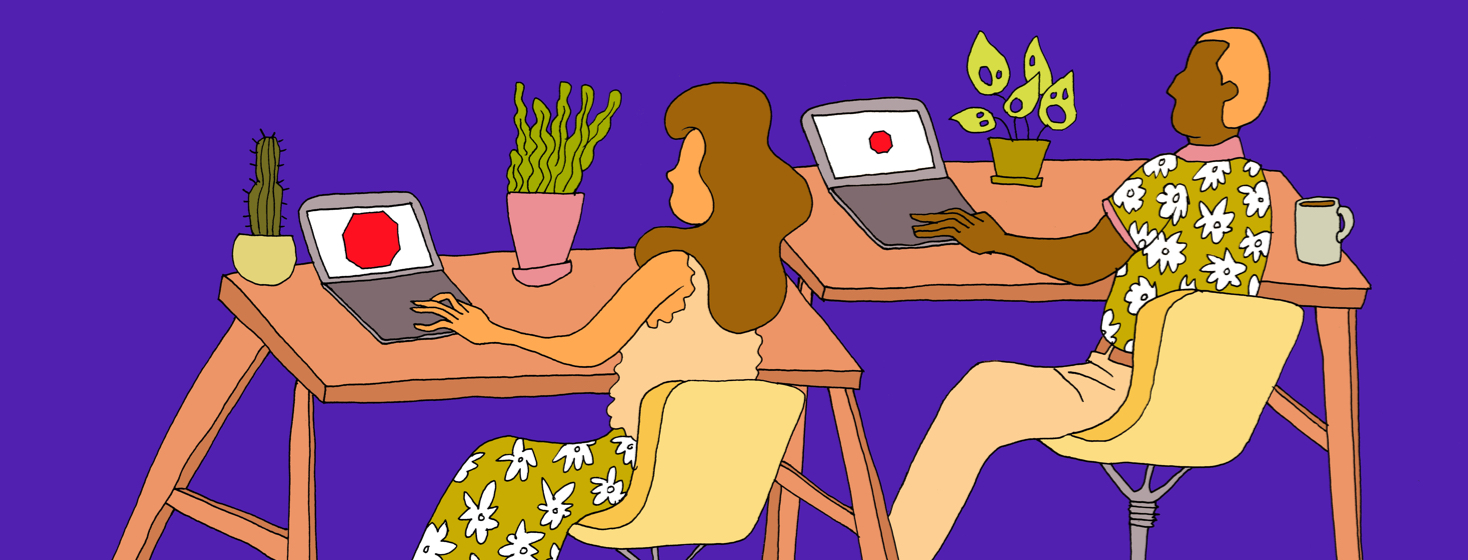Whose Business Is It?
I am always torn about when the “right” time to disclose my visual impairment is. Should I do it during my initial introduction with everyone - “Hey, my name is Christine Joy Brunson and I am legally blind” - then discuss the parameters of my vision all in the first five minutes of meeting someone?
Questioning how much I should tell
People with diabetes do not typically introduce themselves in that manner. If they did, they might say something like: “Hi, my name is John and I have diabetes which means my blood sugar might get low but don’t be alarmed." It sounds silly, yet the concept of when to disclose to people around me is a thought that comes up often.
Invisible to the eye
The reality is that most people who interact with me on a daily basis do not know the extent of my vision impairment. I’ve gotten really good at maneuvering through life and setting up the proper accommodations to make my life easier to manage. Therefore, most people only notice something is different when they see my computer screen, or I have to read something in front of them. With that being said, I have had two very similar experiences with the last few weeks.
Opening up about my visual impairment
One of my colleagues came into my office and commented on how far my screen was zoomed in. My response was the awkward laugh and stating “I’m legally blind.” His response was about my need for glasses, which then led to me informing him that there are no glasses for my condition. A week later we had a diversity training and I disclosed to the group about my visual impairment. Immediately following the training he came into my office and apologized about his statement from the week prior. I assured him that there was no need to apologize as he had no idea about my condition. I then shared with him that I never know when I should disclose to most people. I went on to say that my team and supervisor are aware of my condition because sometimes I need certain accommodations. However, most of the staff in our agency are unaware.
Good intentions, awkward outcome
Ironically, when situations like this happen I end up feeling bad that the other person may feel ashamed after finding out. In this case, I feel my colleague, who is such a nice person, now feels like a jerk for making the comment about my computer screen. To be honest, the comment itself did not phase me because I hear comments like that on the regular; it’s when well-intended people feel bad that makes it complicated for me.
Don't be afraid to ask questions
I am by no means the spokesperson for every person with a visual impairment. Speaking for myself, I'd rather have questions asked, comments made, and engage in dialogue. It makes it easier, in my opinion, because as the saying goes, “You don’t know, what you don’t know.” Conversations may start off as awkward in some cases, but in most instances, they turn into great learning opportunities both for me and the other person…at least that’s the way eye see it!

Join the conversation